

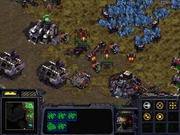

Korea's gaming industry is a monster. It has enough life to fuel both its multi-billion dollar business and an e-sports community that churns out professional video game players who become celebrities in their own right. The country is a hotbed for gaming cafes, which have swept across the nation with a Starbucks-like intensity. This is a nation hosting an industry that's grown so big, and so socially-acceptable, that it makes the West seem like it's stuck in a rural Stone Age.
But now there's something going on in Seoul. Back in April, Korea introduced legislation that put a curfew on online games. Thanks to this new Cinderella Law, between midnight and 6am all users under the age of 16 are locked out of online titles.
The Cinderella Law is the brainchild policy of Korea's Ministry of Culture, Sports, and Tourism, along with the Ministry of Gender Equality and Family (MGEF). The curfew is part of a government-led legislation built to curb video game addiction in the country.
Recently, gaming addiction in Korea has become a talking point du-jour, which has resulted in everything from the opening of the first ever Game Addiction Centre to truly bizarre claims from officials.
While describing addiction to games, the secretary general of Children Health National Solidarity called it: "impulsive, [reducing] ability for resolving social problems and eventually [causing] cerebral disease which drives to death."
She added that games addiction also "reduces the number of sperm and it results less social resources in light of less pregnancy."
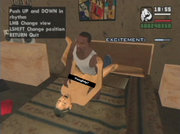
The MGEF itself has already demanded the industry give approximately $354 million USD to the government to help the prevention of games addiction.
Why should we care about obscure Korean policy? Because, at its heart, the Cinderella Law is an extremist response to what's effectively the same single issue that's casting a hairy shadow over games culture on an international level: the moral panic over games corrupting the kids.
In the West we've seen these sentiments since the nascent period of mainstream video games, even before the hubbub surrounding the likes of Grand Theft Auto's infamous 'Hot Coffee' scene.

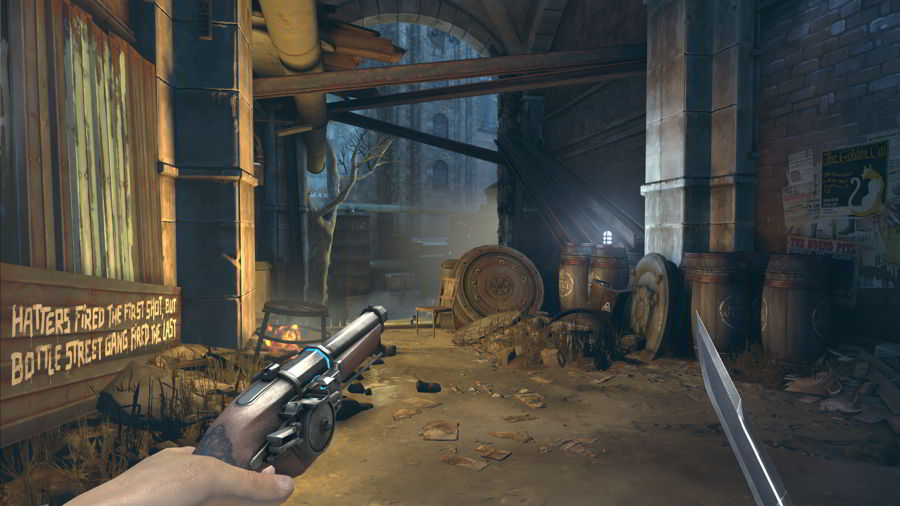
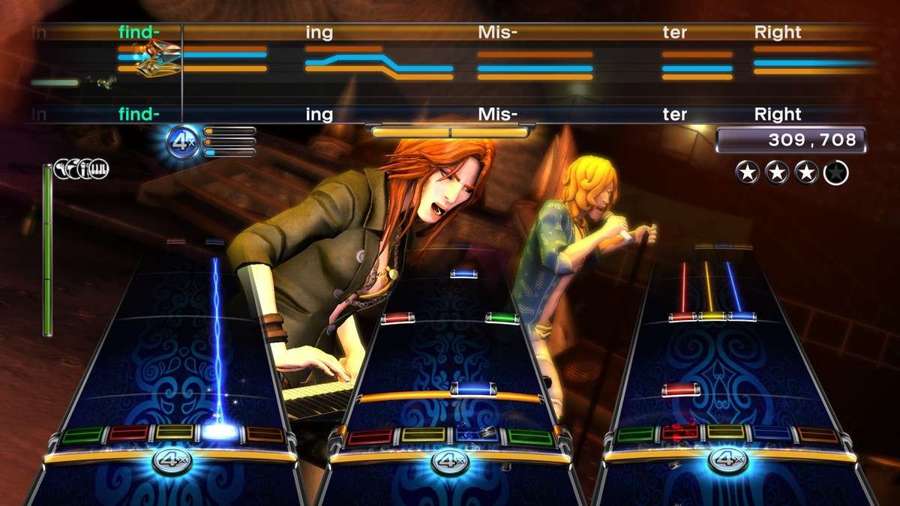

 . Plays June 17, 2012
. Plays June 17, 2012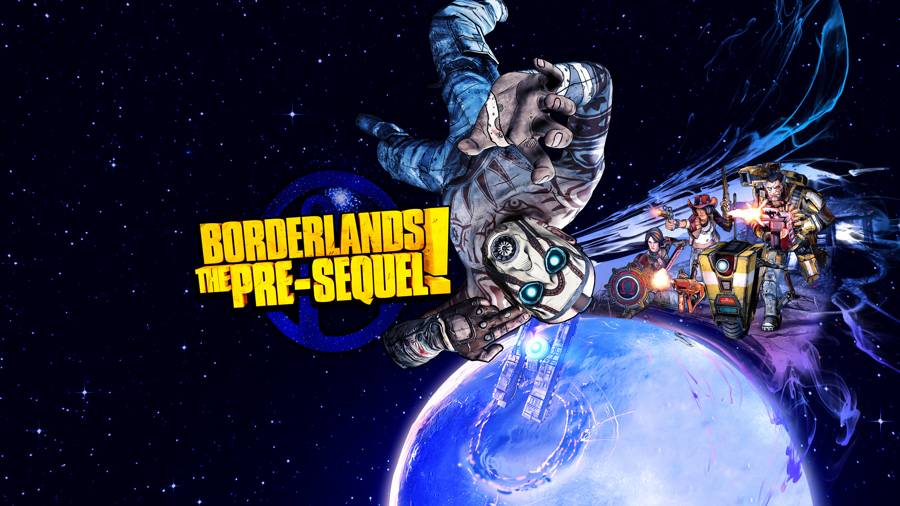 Borderlands The Pre-Sequel Guide: Springs Side Quest Guide
Borderlands The Pre-Sequel Guide: Springs Side Quest Guide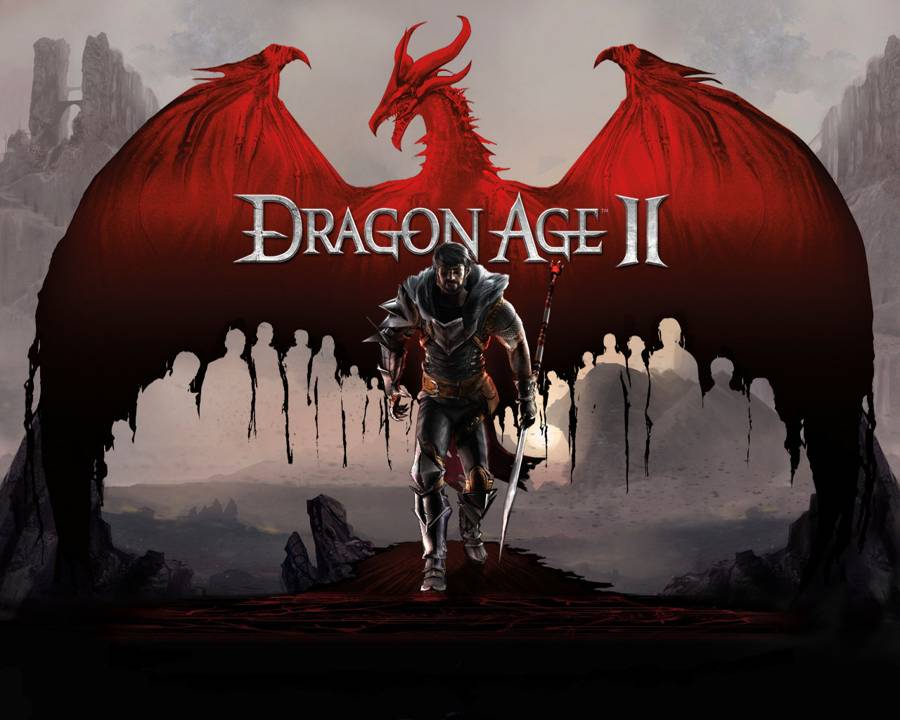 Killing The Undying Xebenkeck In DA 2
Killing The Undying Xebenkeck In DA 2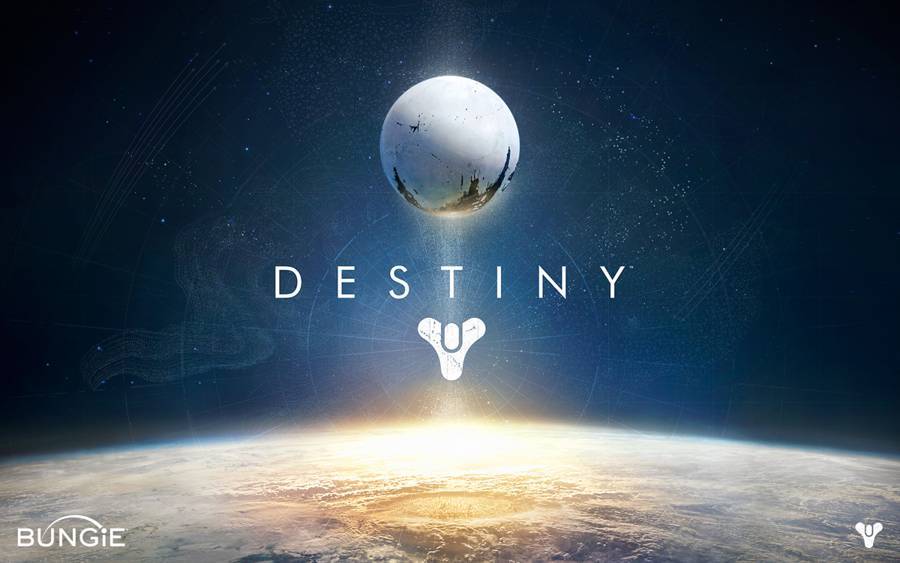 How To Emote In Destiny
How To Emote In Destiny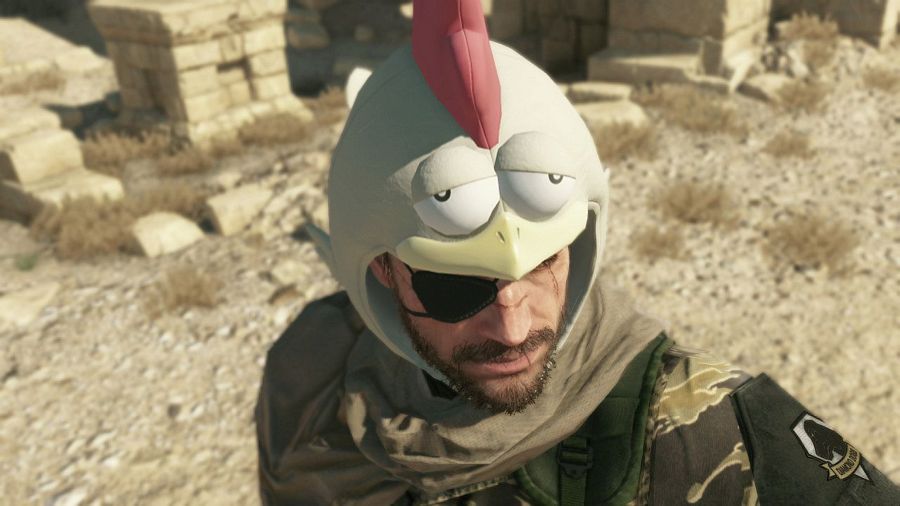 How To Get The Chicken Hat In Metal Gear Solid 5
How To Get The Chicken Hat In Metal Gear Solid 5